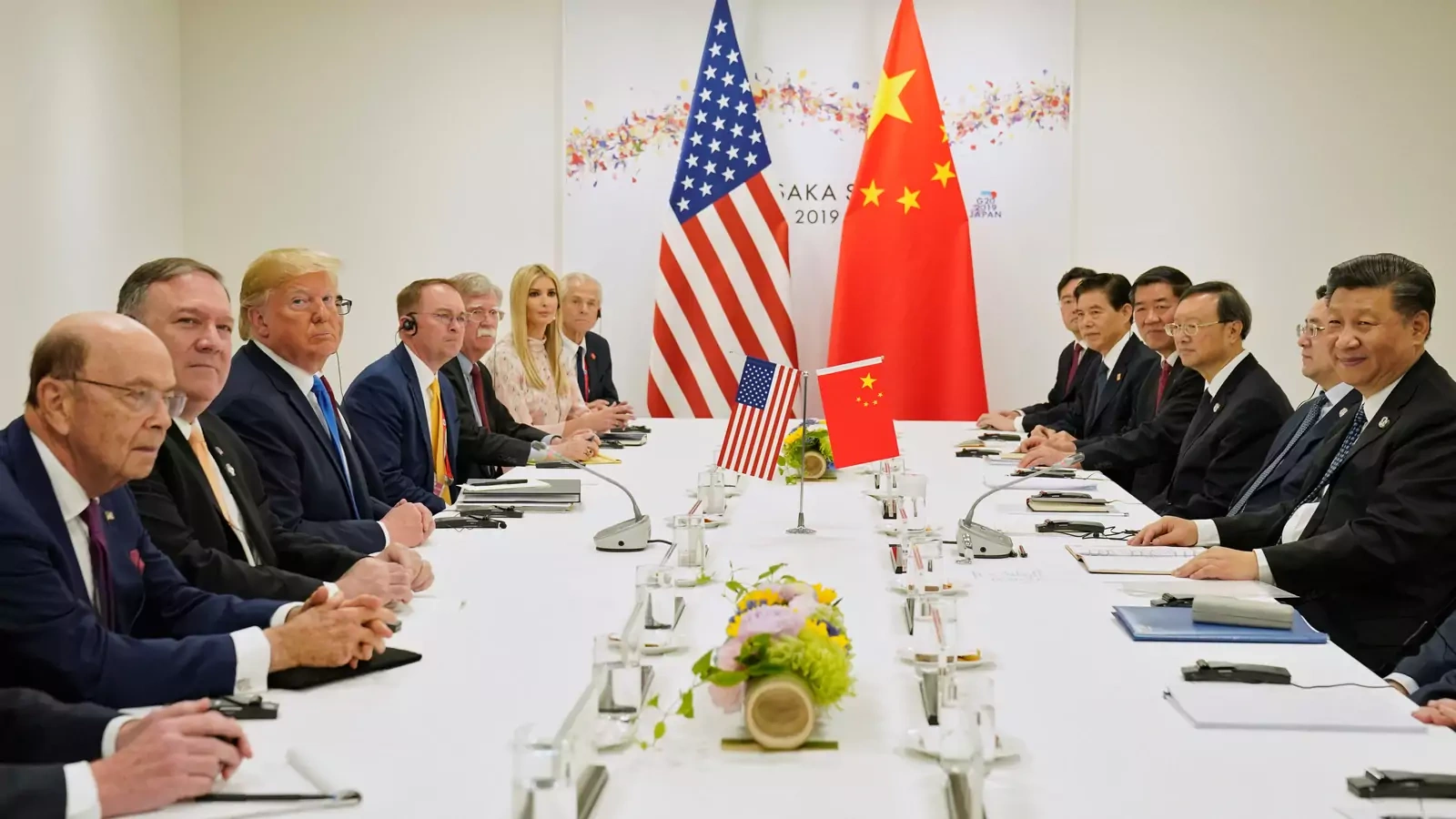Trump’s Trade Wars, and Now COVID-19, Are Unraveling Trade As We Know It

Originally published at World Politics Review
August 18, 2020 12:00 pm (EST)

- Article
- Current political and economic issues succinctly explained.
In this new analysis for World Politics Review, I take a deep dive into what is happening with global supply chains, whether the United States and China are moving towards economic "decoupling," and the implications for reshoring of manufacturing jobs back to the United States.
The global economic map is reshuffling, and predictions abound on where the pieces will land. As companies scramble to protect themselves from U.S. President Donald Trump’s trade wars, the growing technology rivalry between the United States and China, and the disruptions caused by the COVID-19 pandemic, will the long-promised “reshoring” of manufacturing back to higher-wage countries finally take place? Will the U.S. and China “decouple” their economies, particularly for the technologies of the future? If so, how will Europe, Japan and others respond?
More on:
For the moment, the big winner is uncertainty. We have moved from a world in which companies and their customers knew the rules of the game of global commerce, to one where many decisions are fraught with risk. Now, on top of the usual uncertainty inherent in predicting economic or consumer trends, companies face added political, legal and medical uncertainties that will inevitability discourage risk-taking, dampen investment and harm economic growth. Some companies will respond better than others to that uncertainty—and perhaps profit handsomely in the process. But many others will be faced with all but impossible choices.
Read the full World Politics Review article here.
More on:
 Online Store
Online Store